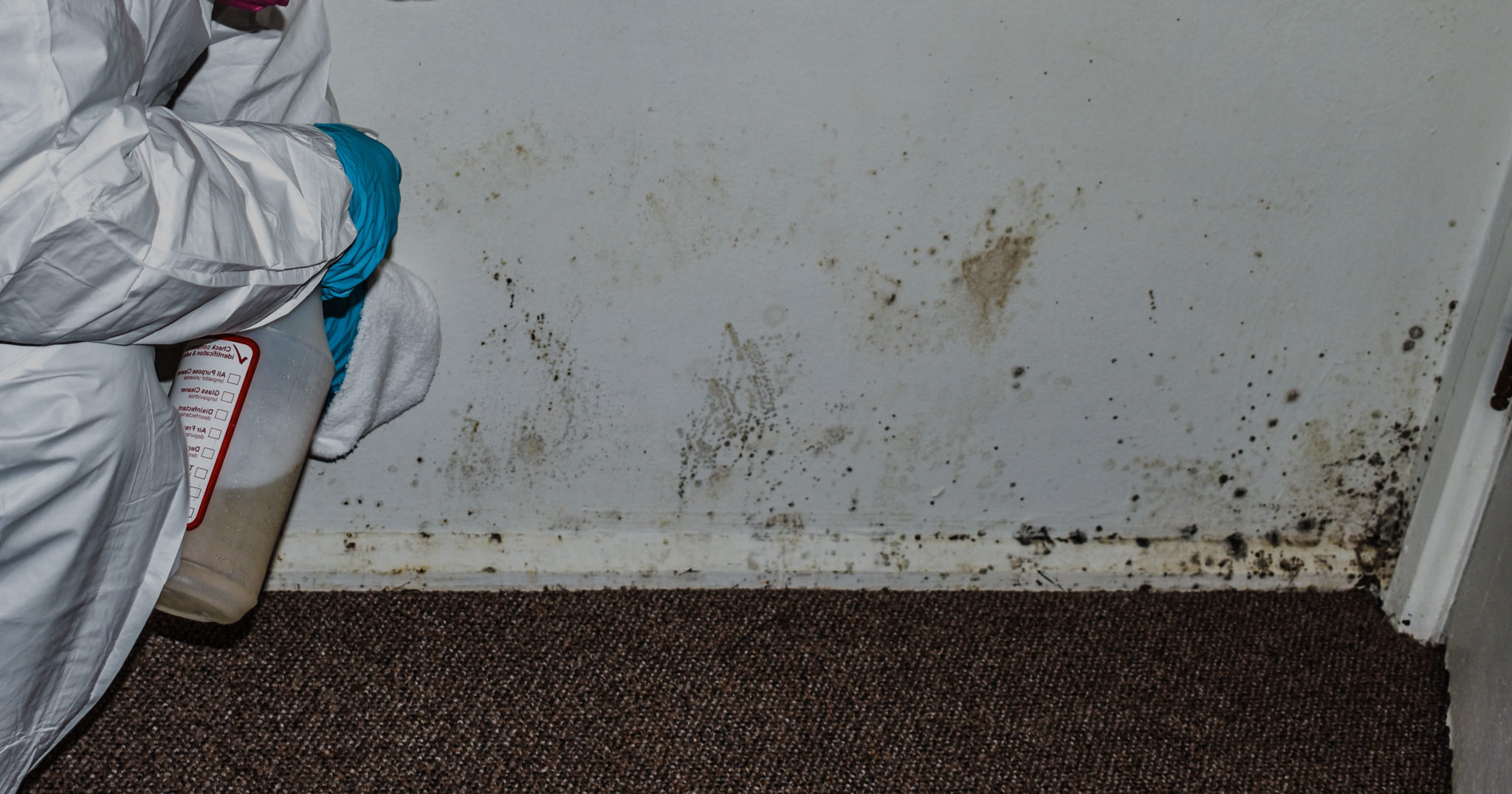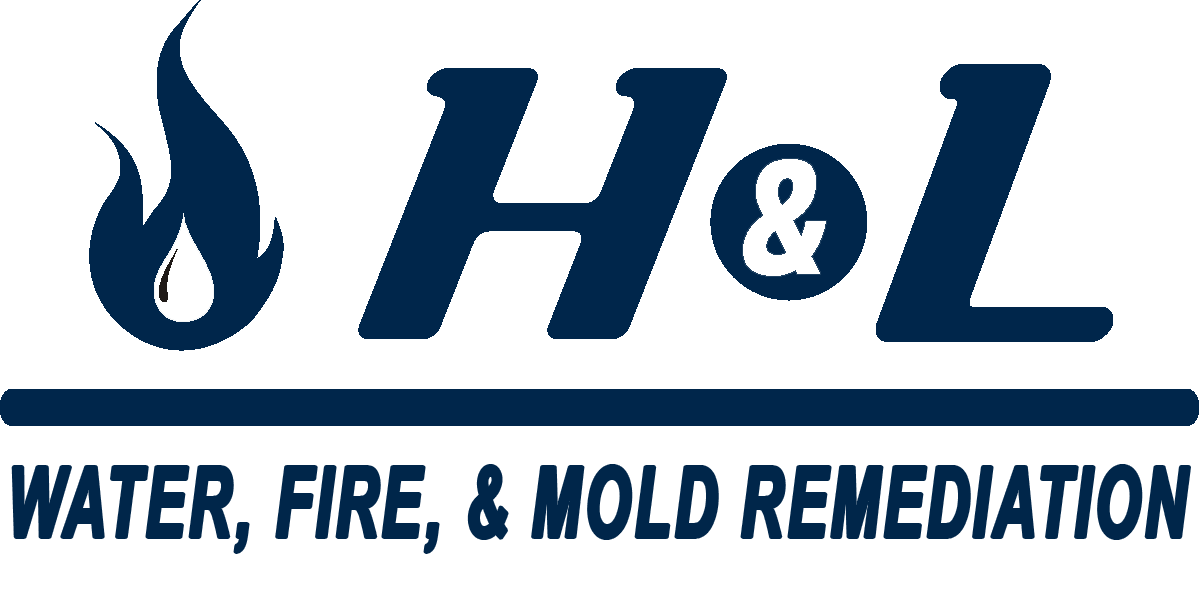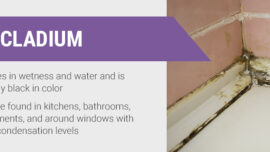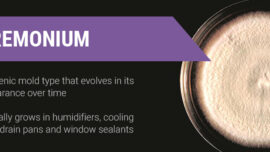
The Very Real Dangers of Mold Exposure
With well over 100k different species of mold in existence, it’s hard to get straight answers on which types are dangerous and which are not. The very real truth is that depending length of exposure and the concentration of mold spores circulating a residence, they can all be harmful. Effects can vary from person to person. In fact, some people may not even be affected by mold when they first come into contact with it. Others may develop severe allergy-like symptoms immediately after exposure. From allergies, to asthma, to more severe respiratory illnesses, mold can cause a vast array of health issues for those unlucky enough to come into contact with it.
Allergic Reactions to Mold
So let’s be clear, mold itself is typically not toxic. However, some mold can produce mycotoxins were are very dangerous to humans and animals alike. These toxic mold byproducts can cause skin rashes, and in extreme cases with prolonged exposure they are known to cause cancer.
Allergic reactions are not uncommon when it comes to mold exposure. The degree to which the individual is affected will vary based on a various factors such as length of exposure. If you are suffering from eye irritation, stuffy nose, wheezing & couoghing, itchy throat, or rashes/skin irritation, this can be a clear indicator of mold presence in your home.
Asthma Attacks
When there is a high concentration of airborne mold spores, asthma attacks are common. Some of the most common symptoms associated with mold induced ashtma attacks include:
- Chest Tightness
- Shortness of Breath
- Wheezing
- Excessive Coughing
Mold can even lead to the development of life-long asthma in children. Especially if those children are genetically susceptible to asthma to begin with.
Other Health Problems Associated with Mold Exposure
Another common side effect of prolonged mold exposure is chronic sinus infection. The
Mold exposure can also cause chronic sinus infections. Even if the exposure to mold wasn’t the main cause of the infection, those who suffer from chronic sinusitis should avoid any contact with mold to prevent further problems.
Brown University has published evidence linking mold exposure to depression. You can read more about that here.
Extended mold exposure also has a very negative affect on people who live with compromised immune systems. HIV/AIDS, Lupus, Rheumatoid arthritis, Celiac disease, and people undergoing chemotherapy treatments are even more susceptible to mold related illness than healthy individuals.
Pets & Mold
Contrary to what most believe, mold can have a very negative impact on your pets, too. When exposed to mold, pets display symptoms such as wheezing, coughing, & sneezing. As well as excessive scratching and licking, allergic reactions, and lethargy.










0 comments
Write a comment